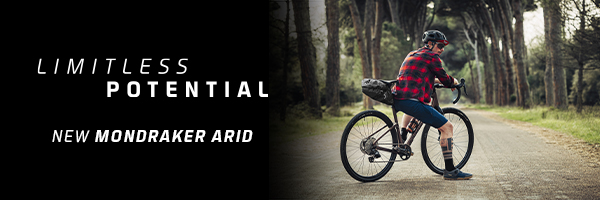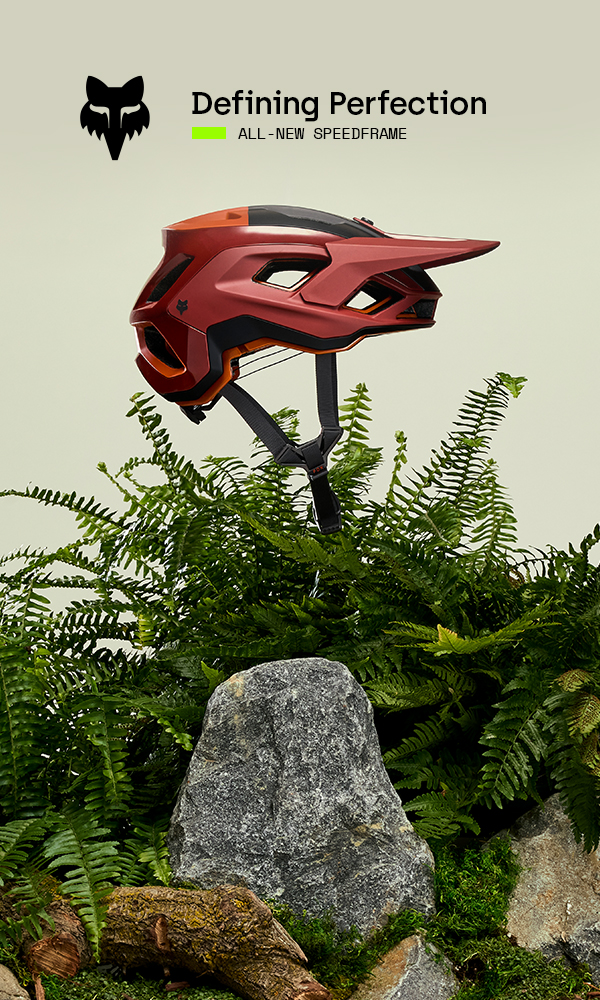After framebuilder Ed Litton’s untimely passing in December 2024, Cameron Falconer and friends from the Bay Area bike community organized an estate sale to support the Litton family. Erik Mathy documented the scene at Ed Litton’s shop in Point Richmond and provides a moving remembrance of one of the unsung heroes from the golden age of American framebuilding.


Ed Litton isn’t a name that most people in cycling would recognize. “He was like that session musician that played in songs everyone knew, but nobody knew him,” said Josh Johnson, a former protege of Litton’s, on a clear, sunny Sunday afternoon at Ed’s workshop. A small crowd of people had formed there, moving in and out of the space, looking at vintage steel framesets hanging on the wall, at a group of wheels spread out on the pavement, inside of drawers full of steel tubes for building bike frames and in boxes upon boxes of steel frame lugs.
On December 2nd, while riding his bike near his workshop in Point Richmond, CA, Ed Litton was in a cycling accident. Paralyzed from the chest down, he was taken to the Intensive Care Unit. Two weeks later, on the evening of December 15th, he passed away. A month and a half later, Cameron Falconer and other friends of Ed’s held a sale to help the Litton family clean out the workspace. “The landlord wants to know when the space will be clear so they can rent it again. I just want to make sure Julie [Ed’s wife] doesn’t have the expense of another month’s rent on the place,” Falconer told me.

Ed Litton was part of the golden generation of bicycle framebuilders who worked in the San Francisco Bay Area in the 70s and 80s. Bruce Gordon, Albert Eisentraut, Brent Steelman, Peter Johnson – while those names are all widely recognized, Ed Litton’s is less so. But, like the session musician whose name you don’t know but whose licks you’ve heard a hundred times, maybe you should. Not just for his contributions to cycling, but also because he was, simply put, a tremendously good person.

“He was just a really fucking good dude, you know? He was just a deeply, deeply decent human. And losing him? That sucks. We are all going to die, and that’s how it goes. There are a lot of people in this world, and a lot of them are cool, and some of them aren’t, but Ed was just a really, really good dude. When I met him, I was a confused teenager. He was always so thoroughly decent and non-judgemental. Ed was just one of those people you meet, and it just sort of happens. You meet these people that change your life and there is no, there’s no planning it, right? It just fucking happens,” Falconer said.
He paused, sighed, and lost himself in his thoughts for a bit. For Cameron Falconer, the loss of Ed isn’t just professional. It’s personal. He came to Ed to learn how to build bicycle frames as a teenager. Over the course of two years, he apprenticed in Litton’s workspace, absorbing the ins and outs of framebuilding and finishing from a man who, in certain circles, was renowned for his obsessive attention to detail, skill in metalworking, and deep knowledge of all things bike.


But beyond framebuilding, Ed and his wife Julie became Cameron’s close friends. “He and Julie joked around and called me their test kid, because of the age I was and how close we became. They didn’t have kids back then. Now they’ve got two kids who are really great humans.”
“You never know what you don’t know, but what I do know is because I met him my life was changed for the better, both professionally and really on a deeply personal level,” Falconer continued. “Ed was a really, really good, decent human being who treated people super well. That goes a long way when you’re 17 or 18 trying to figure your shit out.”


Ed Litton was quietly part of a group of influential framebuilders who carried the road bike’s evolution forward in the late 70s through the 80s. “When Ed got into bikes, it was to race them in I think it was ‘68. He made his first frame in ‘81. Back then the pinnacle of road bikes were high-end steel frames from Italy. But those guys, starting with Eisentraut, but also Bruce Gordon, Steelman, Peter Johnson, and Ed, they really wanted to take those bikes further,” Cameron told me.


“Ed wasn’t much of an out-of-the-box innovator. He was an incredible refiner of ideas. His desire was to make the most beautiful, simple, and functional steel road race bike he possibly could. And that’s what he did for the next 40 years. Many of them lugged, although even his lugs were generally very simple. Ed really didn’t like a lot of fancy shit on bikes. Fillet brazed frames were his favorite to do, because they were visually clean and also super functional. His custom bikes are so special because they’re a rare combination of technical craftsmanship, simplicity of form, and incredible function.”


Also a renowned painter, Ed Litton did prototype paint jobs for a wide variety of cycling companies. For years he shared his workspace with the inimitable Albert Eisentraut and finished bikes for Bruce Gordon and Ron Cooper. In addition to the thousands of custom lugged and fillet brazed steel bikes he made for his own customers, Ed built and finished frames for Rivendell, acted as the paint shop for other framebuilders, and was the go-to guy for steel bike repairs and painstakingly accurate vintage restorations.


“I’ve known Ed since the mid-90s,” Fil Machi said while eyeing up frames on the wall. “I brought in an old Trek that I had him repaint. Since then I’ve had two bikes built by him and countless bikes worked on by him, ranging anywhere from full-on restorations to just, you know, tweaking things. Ed just had this vast knowledge of bikes. I would come in and visit him periodically, even when I didn’t necessarily have a project for him. We would just chat about stuff and he would tell me the history of things. We’ve lost all of that knowledge, but what I am going to miss the most is those talks.”

Like Cameron Falconer, Evan Gerardo came to Ed Litton to learn how to make bike frames as a young guy in his 20s. And, like Cameron and so many others, Ed took Evan under his wing. “Ed was so genuine and kind and just real with me. He always came from a really good, positive place. He would see potential in you and want you to go places with it. Ed saw that I was more interested in the art of metalworking and the inherent beauty of it. And I ended up pursuing that instead of making bikes. Ed would never try to force you into something that’s bad for you, or try to convince you that something was good. He would let you learn what it’s really like instead. That had a profound influence on me.”


The day is winding down, and Gerardo was one of the last people there. In his hands was a well-used adjustable wrench which he’d bought in the shop sale. He looked at it thoughtfully, and said, “It was a hard life for him. It was also a beautiful life and I think he taught a lot of people so many different things, not just about building bikes, but about themselves.”
Over the course of the following week, Cameron Falconer, Erik Zo, and others slowly cleaned out Ed’s workspace. Donatable items went to Street Level Cycles, a non-profit bike shop in Berkeley. The paint booth, which had encompassed thousands of masterful paint jobs, was disassembled. On Sunday, February 16th, the door rolled down for good.

What do we leave behind when we die? Is it the accomplishments? The things we’ve accumulated? The things we’ve made if, like Ed Litton, one makes things? The people we’ve loved or influenced in some way? All of the above? By any single one of these measures, then, Ed Litton leaves behind a tremendous legacy.
If you ride a steel road bike, you can quietly thank Ed Litton for his refinements to the form. His workshop was filled with incredible bike frames and rare components that are now making their way out into the world for others to enjoy. The bicycles he made or repaired are treasured by those who entrusted him to do so. And, in my mind most importantly, he leaves behind a group of people whose lives he touched by being an increasingly rare thing in today’s world: a deeply decent human being who saw potential in everyone and treated them with kindness.
































































































































































